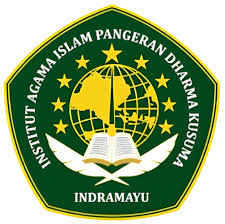Aktualisasi Pencegahan Perkawinan Anak di Kabupaten Rokan Hulu Perspektif Sosiologi Keluarga
DOI:
https://doi.org/10.55656/kisj.v7i1.309Keywords:
Actualization of Prevention, Child Marriage, Family SociologyAbstract
This study discusses the actualization of preventing child marriage in Rokan Hulu Regency from the perspective of family sociology. The problem in this study is that child marriage is a form of violence against children and is a practice that violates the basic rights of children listed in the Convention on the Rights of the Child (CRC). Children who marry under 19 years of age due to certain conditions have greater vulnerability in accessing education, health, and have great potential to experience violence and even divorce. In addition, they will have vulnerable access to basic needs, potentially perpetuating intergenerational poverty. The purpose of this study is to find out how the reality, causal factors, and to find out how the actualization of preventing child marriage in Rokan Hulu Regency from the perspective of family sociology. The results showed that the research method used was field research, starting from data collection: observation, interviews, documentation, both primary: Head of the Islamic Community Guidance Section, Head of the Religious Affairs Office, Islamic Religious Counselors, and the people of Rokan Hulu Regency as well as secondary ones: such as books, journals, research results, contemporary fiqh books and others that can support primary data. The results showed that in Rokan Hulu Regency, there are still many who do child marriage, even though the impact of child marriage for these two young couples is still seen as many negative things than positive things, including: such as depression, health, mental health of both partners, domestic violence, neglected children, divorce, and so on. There are many factors that cause child marriage, including economic factors, promiscuity, mass media, and so on. Efforts to anticipate the problem of child marriage are the role of the government, religious leaders and community organizations to socialize the marriage law. In addition, it can collaborate with the Health Office by providing socialization and health counseling about the impact of child marriage.








